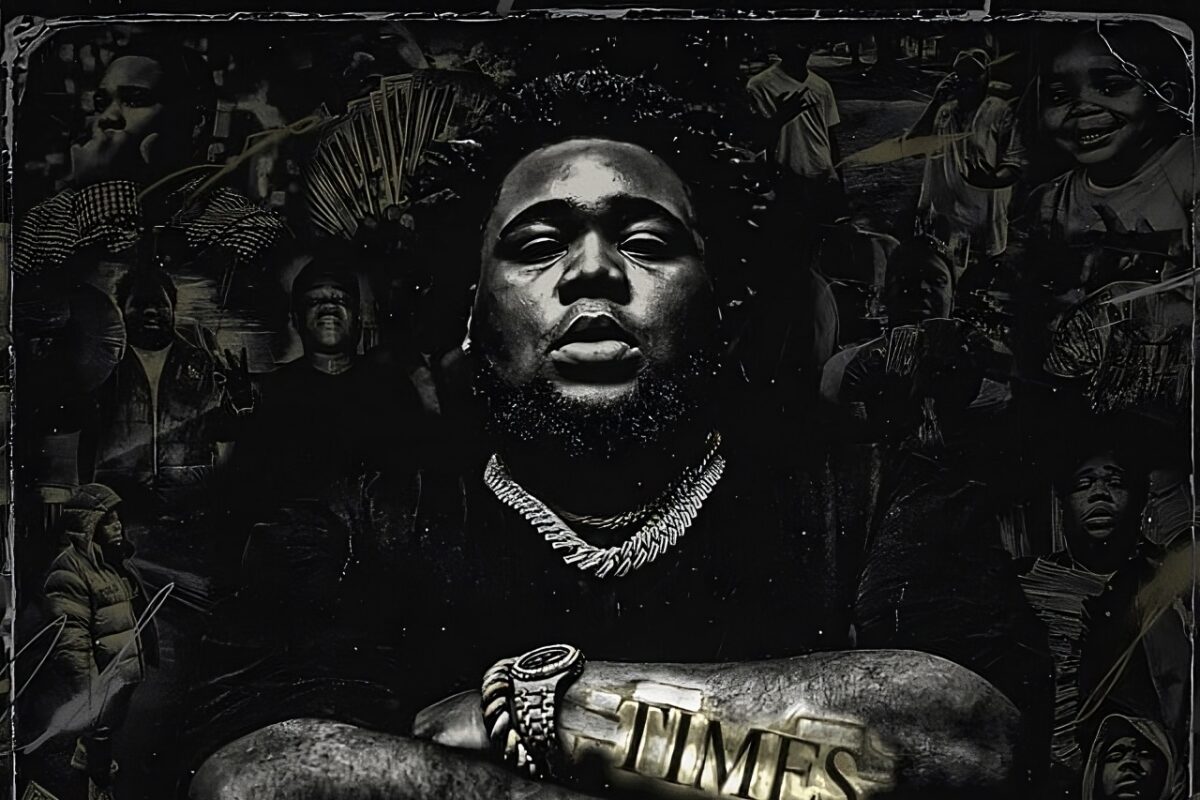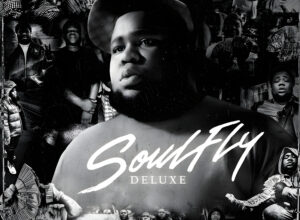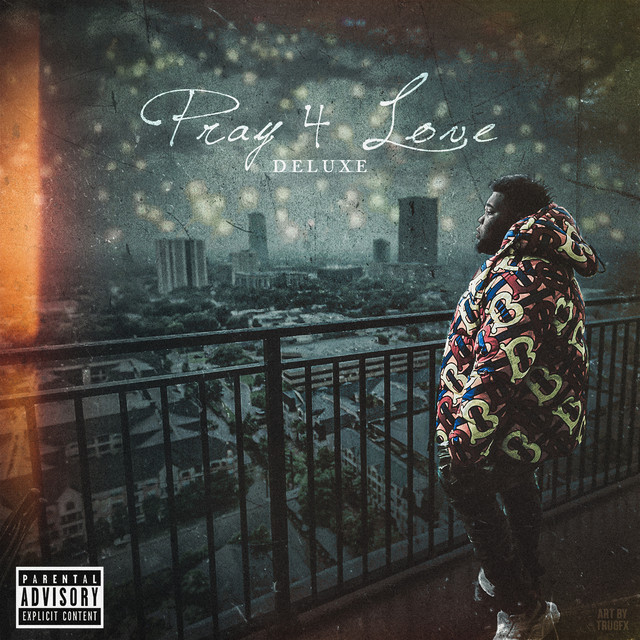Released: 2021
“Tombstone” by Rod Wave is a deep dive into the soul of a man wrestling with the volatile nature of life, the looming shadow of mortality, and the brutal realities of his hustle. The song employs gritty wordplay and raw emotions to shed light on the relentless grind and the sacrifices made to achieve success, all while acknowledging the inevitability of death.
The first few lines, “I keep my gun in my drawers, ducking the sad news/My phone say seven missed calls, I know it’s bad news/This life had left me so scarred, I’m knowing that’s true,” depict the grimness of Rod’s life and convey the harsh reality he’s living. He’s talking about being in a constant state of vigilance due to the violence surrounding him and the potential danger he faces on a daily basis. The repeated missed calls and assumed bad news underscore the persistent tension and unease that characterize his world.
When he refers to having “no shows but made some bread,” Rod highlights the constant struggle of ensuring financial security for his family, despite the challenges presented by his lack of gigs. He then segues into a conversation with his father about the federal authorities, a dialogue that scares him—implying the precarious and dangerous nature of his means of survival.
The chorus, “On my tombstone when they bury me/By the river, they will carry me/Finally, I’ll be resting in peace,” can be seen as Rod grappling with his own mortality—a stark reminder that this hustle can lead to an early grave. The river, a symbol often associated with life’s journey and transitions, suggests his desire for tranquility and everlasting peace after a tumultuous life.
The repeated refrain, “Finally, finally,” is a poignant expression of Rod’s longing for an end to his struggles. It signifies his yearning to escape the traps of his life and his anticipation for the peace that eludes him in the mortal realm but might be found in the afterlife.
In the final stanzas, Rod once again emphasises his dedication to the hustle (“Believe that, man, I’m a hustler”) despite the tremendous pressure and sacrifices it requires. The concluding lines circle back to the idea of his tombstone, reaffirming the powerful juxtaposition between his deep-seated commitment to his lifestyle and the sobering awareness of his mortality.
Overall, “Tombstone” is a masterful portrayal of the internal wrestle between aspiration and reality, life and death, hustle and peace—the eternal dichotomies of the human condition, as experienced from the perspective of a relentless hustler.








